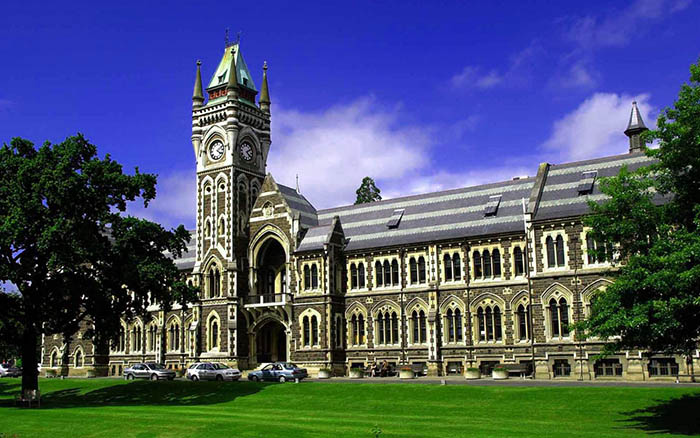
School education
The education system of New Zealand is rather simply arranged and very standard in the majority of parameters. Training, at the request of parents, can begin at any age till five years. Children are sent to preschool educational institutions.
At the age of 5 years they without fail are admitted to elementary school at which training takes 6 years. Upon termination of the 6th class the pupil passes to the intermediate stage of training which takes 2 years and covers the 7 and 8 classes respectively. Upon termination of the 8th class at the age of 12-13 years training at high school begins. It takes 5 years. Thus, as a rule, graduate from school in New Zealand at the age of 16-18 years (perhaps and in 15 from approval of parents and administration of school). After passing the final exams graduates receive the National Certificate on Education (NCEA). Thus, compulsory school education demands the termination of 13 classes. In the territory of New Zealand 3 types of schools work: state, private and integrated. The state and integrated schools are financed by the government while private schools receive only a quarter of the budget from the state, and the remained 75% become covered by a tuition fee. The schools which in the past were private, but subsequently included in the state educational system by the act of 1975 are called integrated. According to the latest statistical data in New Zealand 86% of children are trained at public schools, 10% in integrated and only 4% in private. Actually, pupils have the right to be trained at schools of New Zealand until the end of calendar year in which it executes 19 years. For pupils with limited abilities this term is expanded till 21 year. Academic year begins at the end of January or the beginning of February upon termination of summer vacation lasting about 6 weeks and comes to an end in December. It is divided into quarters: the end of January – the middle of April, the end of April – the beginning of July, the middle of July – the end of September, the middle of October – the middle of December. Quarters are divided by two-week vacation. At pupils of high school vacation is slightly longer, than at pupils of initial.
At schools of New Zealand strict control of attendance is conducted. If for one reason or another the pupil cannot be present at occupations, then his parents or official trustees have to phone about it till 9 in the morning. At many schools special phone lines work.
Also almost at all schools carrying a form is required. Many schools contain the shops selling a school uniform in which both new, and second-hand suits are on sale.
Since 2000 each school has the “house zone”. Accommodation in it or in boarding house at school grants the right for receipt in it. Also in this school the students living out of “a house zone” but only in the presence of empty seats and taking into account the following priorities have the right for receipt: at receipt brothers and sisters of the pupils who are nowadays trained at school or already finished it, children of board members of school use privileges. And only then there is a turn of all other students.
The higher education
Within receiving the higher education the choice between college, polytechnical institute or university is provided to the graduate of high school. All these educational institutions can be divided into the following categories: state institutes of the higher education (TEIs), private educational institutions (PTEs), industrial educational institutions (ITOs). That who for any reasons received low qualification or did not receive that at all the “formation of the second chance” giving the chance of employment is provided. Besides some enterprises organize training at base of the productions.
The state institutes of the higher education are subdivided into 4 types: universities, institutes of technology and polytechnics, teacher training colleges and “vananga”. Now one after another about everyone.
In New Zealand 8 universities which annually train about 160 thousand students work. Universities give fine opportunities of training from a step of the graduate of high school before receiving doctor’s degree. Receiving degree of the bachelor takes, as a rule, 3 or 4 years.
Technical institutes and polytechnics offer the professional focused education that is caused by requirements of economy for the last 15 years. Over all country 20 such institutions work.
Teacher training colleges as it becomes clear from the name, generally offer pedagogical education, but, often, students are given an opportunity to receive qualification in the social or business sphere. For the last decade the number of colleges in New Zealand was considerably reduced – with 6 at the beginning 90kh to 2 by a condition of 2005. Colleges were gradually absorbed by nearby universities.
“Vananga” – truly New Zealand type of educational institutions. They can be ranked as the state institutes of the higher education. “Vananga” give the amplest opportunities for training: from the level of secondary education to the highest academic degrees. The main distinctive feature of this type of educational institutions is rendering special attention to national peculiarities and traditions of New Zealand – “Akhuatanga Maori” and “Tikanga Maori” – traditions and customs of the people of Maori – play a significant role in the course of training.
Private educational institutions offer more highly specialized education. Now in New Zealand about 900 private educational institutions are registered. All of them have to meet the state requirements in questions of financing and quality of training to be able to provide guarantees to the students. Many of establishments of this type are partially financed by the state though their certain part of such grants is deprived. For example, some schools of English training foreign students function only due to receipts of a tuition fee.
Also it is necessary to mention training within the industrial enterprises or business structures. Today in New Zealand about 40 similar organizations which are financed from fund of industrial education or the companies in a private order function.
In recent years education of New Zealand endures considerable rise – generally in the sphere of the industrial education and education got in private institutions. Also every year the share of foreign students noticeably increases.
Oakland, Kanterberiysky and Wellington universities are considered as the most known and reputable universities of New Zealand. They conduct the history with the end of the 19th century and annually train more than a half of all students of the country. From eight current universities in New Zealand only one – the Oakland Technological University – is younger than 40 years. All others were based at the end of the 19th and throughout the 20th century.
After all New Zealand?
Yes, after all New Zealand. And that is why. The admitted fact is quality of the New Zealand education system. It is constructed on the British model, diplomas and certificates of the New Zealand sample are accepted and highly appreciated worldwide. Universities and colleges are perfectly equipped, and classes and groups are very small that gives to students the rare chance of closer communication with teachers, many of which are recognized authorities with world names. Plus to everything told rather democratic prices of training and accommodation taking into account advanced infrastructure and a high standard of living. You should not forget also about unique natural and climatic conditions. By results of survey conducted among the readers in 2007, New Zealand is declared by the GEO magazine the leader of the list of the countries, the most attractive to life. Besides heartiest welcome and the hospitable atmosphere in which training will be even more interesting is provided to you.
How to become the student?
In spite of the fact that in details process of application for receipt in various educational institutions of New Zealand for foreign students differs, in general the action plan following: study information on the programs of training at the websites of educational institutions interesting you. Choose what most of all interests you and suits you. You need to provide the document on the previous education for receipt and to confirm the level of the knowledge having passed several examinations. Also it will be necessary to provide confirmation of sufficient level of knowledge of English – TOEFL or IELTS. For example, for revenues to some specialties in University of Auckland it is necessary to gain to 340 points on 4-5 disciplines and up to 7,5 points on the IELTS system. Also granting a portfolio or passing of interview can be required.
Training cost
Training cost in a year is not fixed, changes from establishment to establishment, from a course to a course and even within a course. Depending on volumes of use of resources of educational institution of the price can change in the big or smaller party. A basis for calculation of cost of training is the score system – the total of points corresponding to this or that program of training is calculated proceeding from the necessary and chosen by the student theoretical and practical training. As a rule, the training program with the emphasis on theoretical training costs less. The average prices for a year of training at a bachelor degree lie within 16 – 29 thousand New Zealand dollars. Technical specialties are more expensive. Thus, degree of the bachelor of theology will cost 16 thousand New Zealand dollars, and degree of the bachelor of engineering with honors already in 29.
Housing and transport
As well as in many other countries at choice of the foreign student a number of standard options of accommodation is provided. The most widespread of them – accommodation in the apartments provided by educational institution, accommodation in a family or independent rent of housing. The cost of the apartments provided by educational institution and accommodation cost in a family substantially depends on the region. As a rule, life in the apartments provided by universities and colleges is strictly regulated, life in the New Zealand family also imposes certain obligations therefore, perhaps, rent of housing, joint with other foreign students, will become option, optimum for many. For these purposes it is possible to visit Internet forums on the connected resources or to address the local press after an arrival. Average prices of rent of housing are as follows: for Auckland $NZ 360-600, $NZ 340-500 for Wellington, about $NZ 470 for Kvinstaun and $NZ 225-440 for other regions of the country.
The system of public transport of New Zealand gives great opportunities for the citizens and visitors who do not have an individual transport. In the cities branched systems of bus routes on which fare begins with $NZ 2 function. Respectively, the price of a trip increases in proportion to its length. Also there is a number of the free routes making regular flights. Persons interested can buy the bicycle and combine business with pleasure. The cost of the bicycle lies within $NZ 200-600. It is necessary to remember that under the New Zealand laws carrying a helmet during driving the bicycle is obligatory so do not forget to consider this item of expenditure.
Work
Foreign students have an opportunity to earn additionally during the training at the territory of New Zealand, but within certain restrictions. The law does not allow students of full-time courses to work more than 20 hours a week or full day during Christmas holiday.
Receipt of a visa
For obtaining the student’s visa to New Zealand it is necessary to collect and process the following documents:
1) Written confirmation on transfer in educational institution
2) Confirmation on payment of cost of training or confirmation that you are a scholar.
3) Completely and properly filled in and signed application on obtaining the student’s visa with the attached photo of passport sizes. Payment of not returned collecting is required.
4) Confirmation of provision of housing – the written document confirming that the educational institution or the individual will provide you suitable housing.
5) The international passport which period of validity expires not earlier than the end of the period of training.
6) Confirmation of a financial solvency: a) The guarantee of the sponsor confirming that at least $NZ 7000 a year will be transferred to you; b) The letter from your educational the institution confirming payment of the forthcoming expenses in advance payment; c) The document from bank guaranteeing a funds availability during all term of training ($NZ 1000 a month for short-term training, $NZ 7000 a year for long-term programs).
7) For training more than 24 months you need the health certificate and the conclusion about results of fluorography.
8) In case the student is younger than 17 years – 2 characteristics, the characteristic from police.

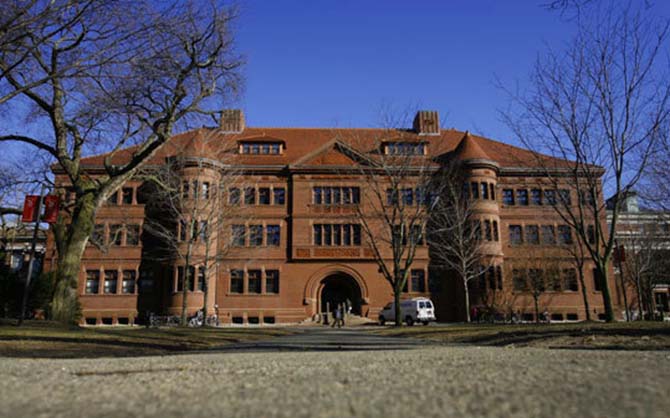
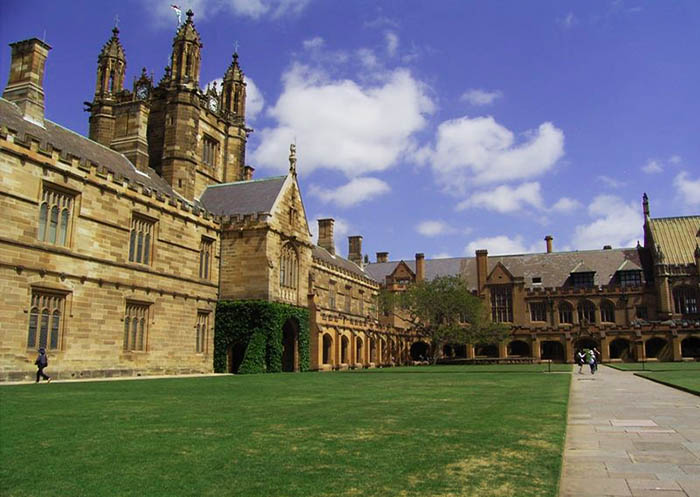
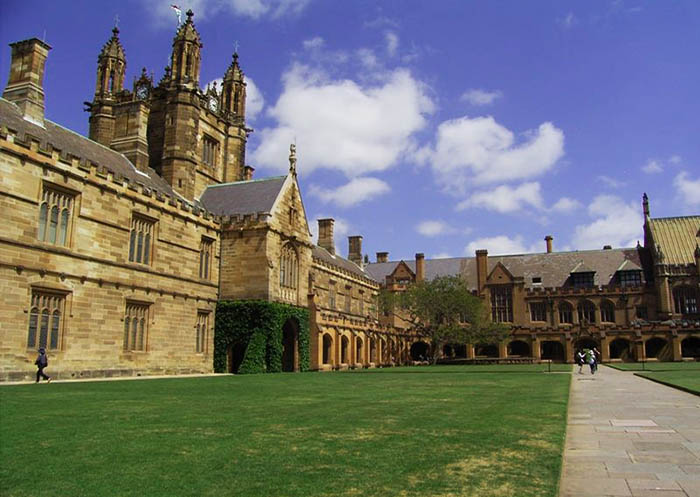
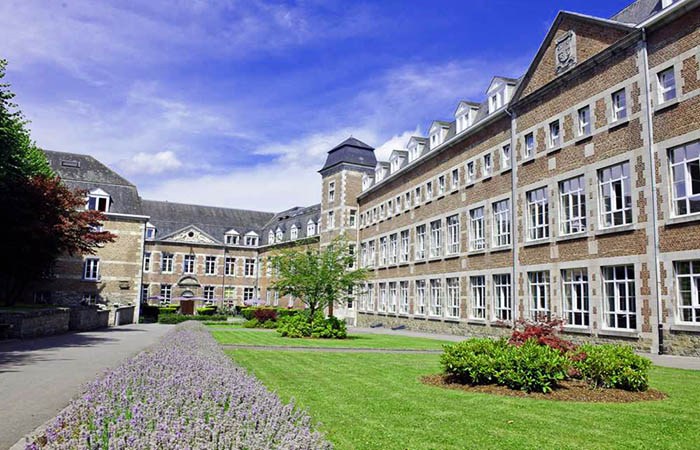
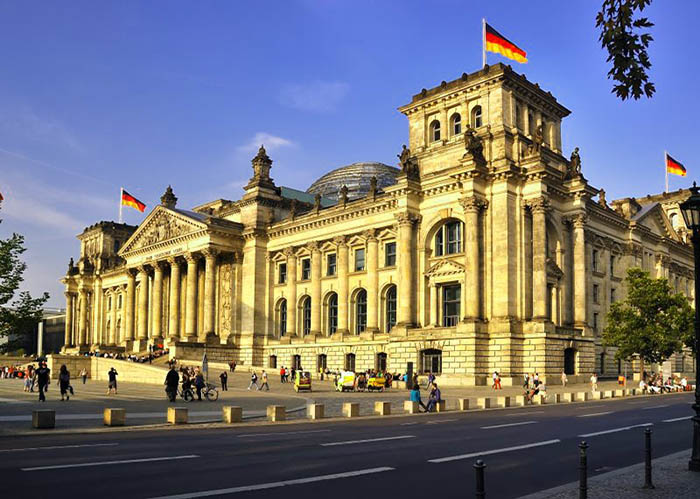
Leave a Reply